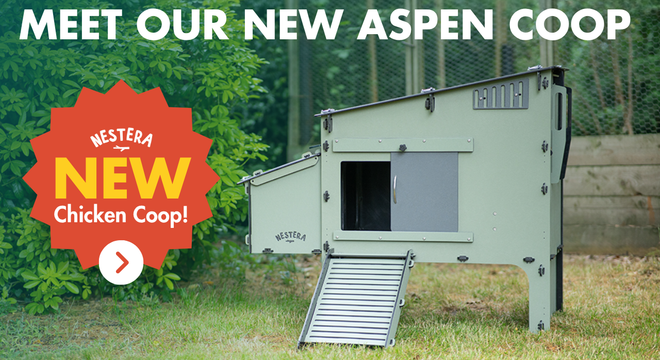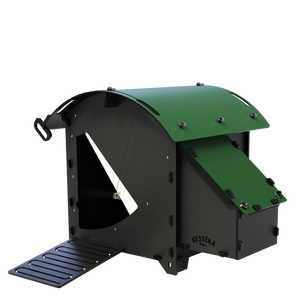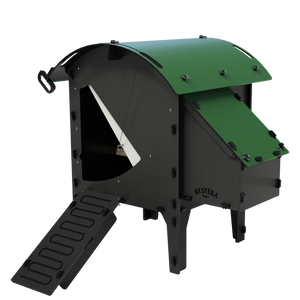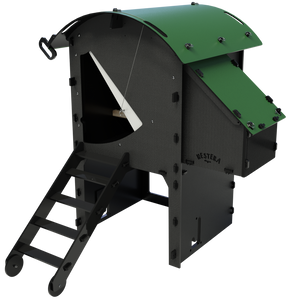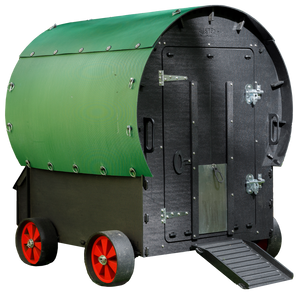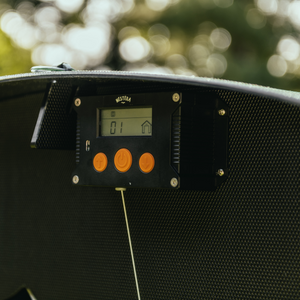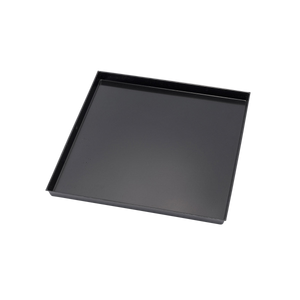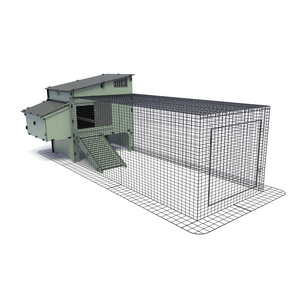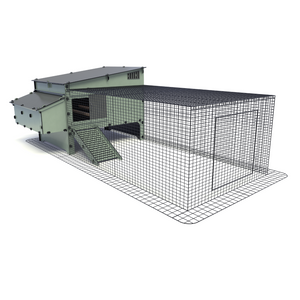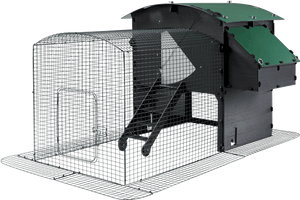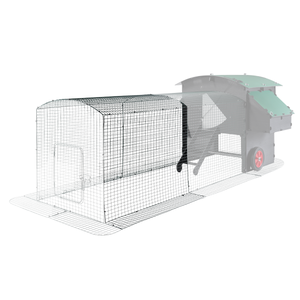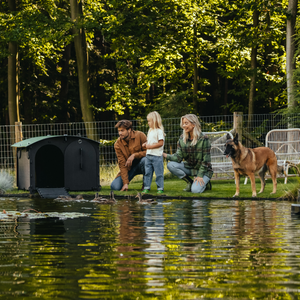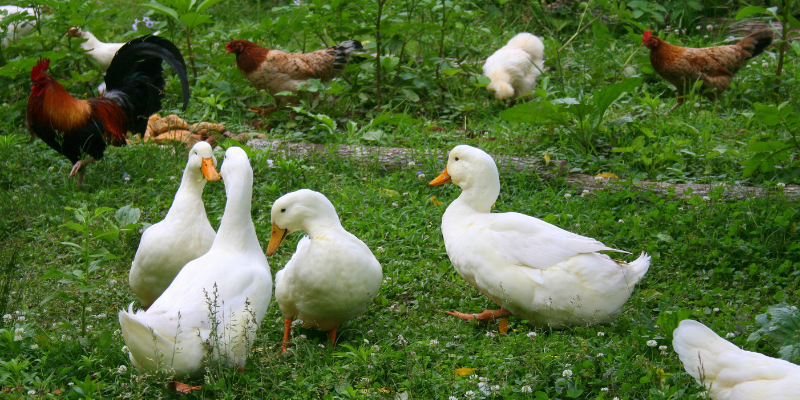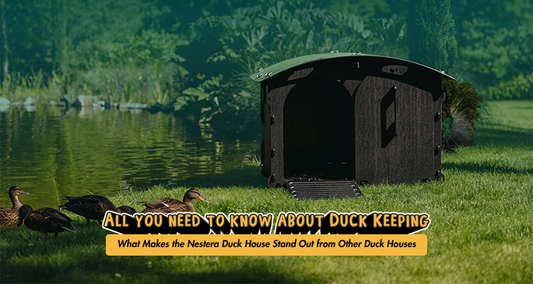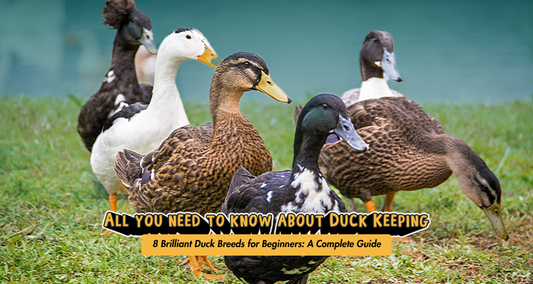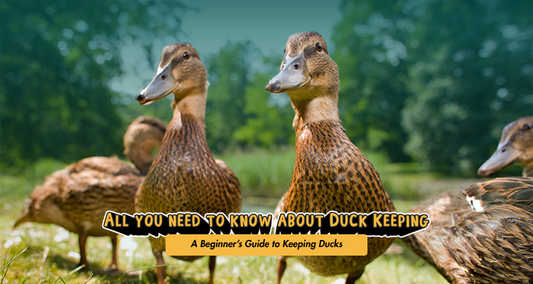Raising chickens and ducks together can be tricky because they have different behaviours, needs, and can get sick easily. Here are 6 things you may not know:
Different Dietary Needs
Chickens and ducks have different dietary requirements. Ducks prefer much wetter food which could cause sour crop issues in chickens. The ingredients in each feed also differ.
Often chick crumb contains a coccidiostat (to prevent Coccidiosis) but this can be poisonous to ducklings.
Water Requirements
Ducks need access to water for swimming, bathing and cleaning their bills.
While chickens can drink from a standard waterer, ducks require a deeper water source. Mixing them together might not provide adequate water for the ducks and larger tubs pose a risk of drowning for chicks and less agile adult birds. These larger water sources are not suitable for chickens to drink from due to the contamination by ducks.

Mess Management
Ducks are messier than chickens, especially when it comes to water. They may create muddy conditions that chickens dislike, leading to hygiene issues like bumblefoot. But since our Duck House is made from the same easy-clean recycled plastic as our chicken coops, a quick water hose-down is all you'll need to do to get it sparkling.
Space and Roosting
At night chickens prefer to perch while most ducks prefer to roost at ground level. This often leaves ducks susceptible to being pooped on from above. Ducks often have wet lower feathers which can increase the humidity in the coop.
This can make chickens more susceptible to respiratory infections and both species could suffer from the increased ammonia concentrations.

Social Dynamics
Chickens and ducks have different social structures and behaviours. Keeping them confined in close proximity can result in aggression or stress for both species. Drakes may be amorous with the hens and can even cause injury.
Health Risks
Chickens and ducks can carry different diseases and parasites. Mixing them together increases the risk of disease transmission. Ducks can silently carry salmonella and are much more susceptible to catching Avian Influenza.
Historically, chickens and ducks have been housed and kept in the same flocks but due to increased knowledge and understanding of biosecurity, specialist poultry vets now discourage this practice.
We work with vets from all over the world and we share the latest information and advice we’re given to maximise poultry health and welfare. We appreciate that part of the appeal of poultry keeping is that it is very lightly regulated, if at all and it is YOUR choice how you keep your birds.
